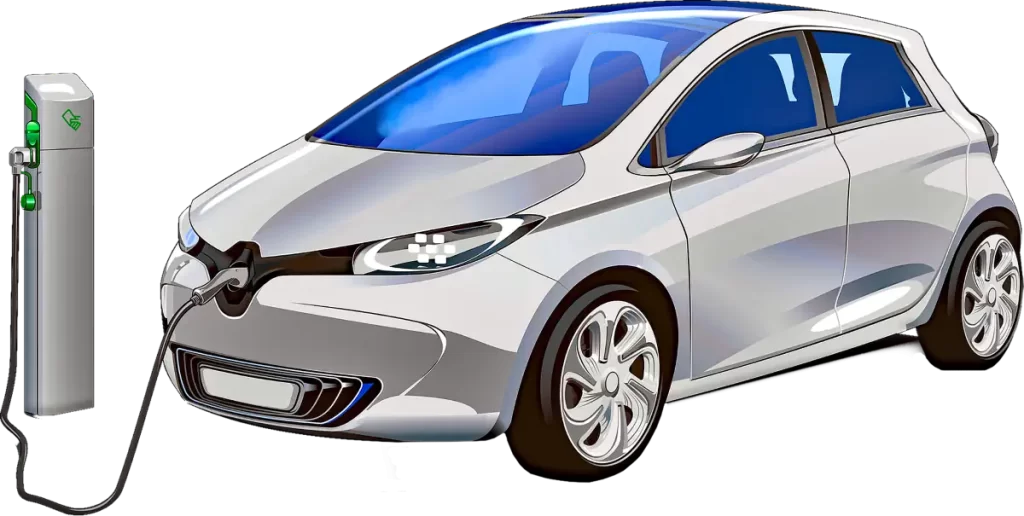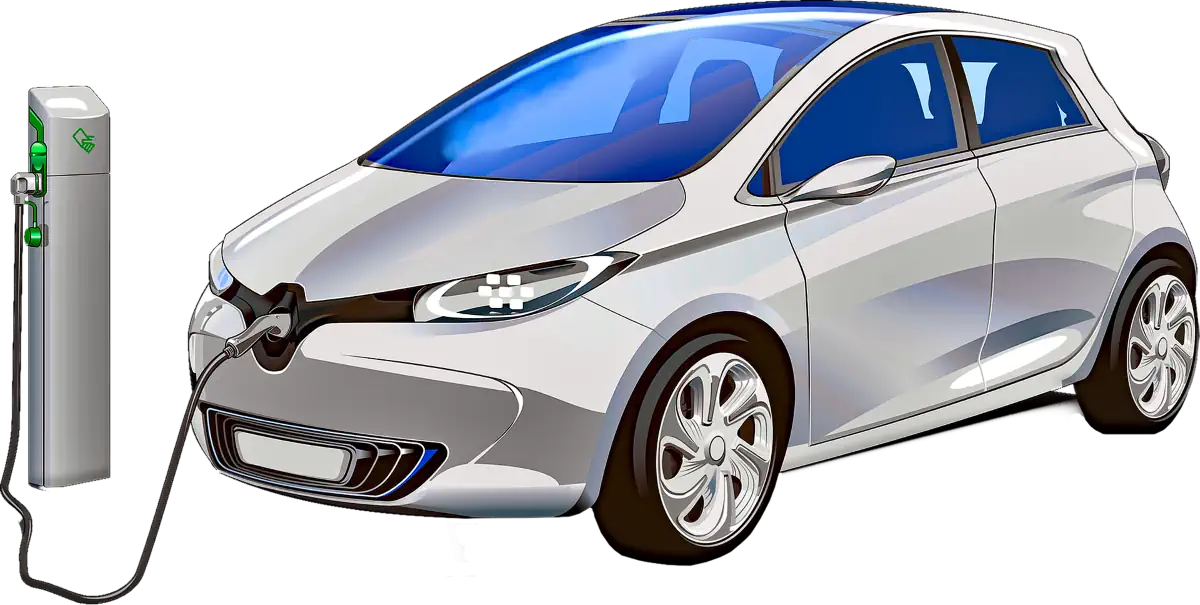As more companies develop electric vehicles (EVs), controversy has grown over whether they are better for the environment than gas-run vehicles. Although some experts disagree, most have concluded that electric cars are better for the environment. Here’s the nitty-gritty of how electric cars really impact the environment.
How Electric Cars Work
Instead of an internal combustion engine, all-electric vehicles run on a giant electric battery. These cars run on electricity instead of gasoline, so they’re charged at electric ports. You may have seen these electric charging stations at some gas stations and colleges.
Battery life varies per vehicle, and the driving range is affected differently than that of a traditional motor vehicle. While conventional cars get better gas mileage on the highway, EVs work best within cities. They are designed with regenerative braking, which means that constant stops can increase battery life.
While EVs look similar to conventional cars from the outside, they are completely different inside their frames. The batteries, which run EVs, are stored along the underside of the car, leaving room for extra storage space in the front trunk. There are fewer moving parts in EVs, which may make repairs easier and less expensive.
Why the Market Is Growing
Interest in electric cars has grown significantly over the last several years, with 52% of surveyed consumers reporting they’d be interested in buying an electric vehicle within the next 10 years.
Market growth for electric vehicles is complex and depends on multiple interwoven factors. EVs are usually more expensive than traditional cars, but research showing their positive environmental impact has grown over the last few years. Many consumers are willing to pay more now to help protect the environment.
“Going green” has become trendy, but the question is whether environmental care has become popular because of increased marketing or whether awareness has led to market changes. The answer is probably a combination of both.
In addition to appealing to consumers, environmentally friendly products can also financially benefit companies. Transportation in various forms contributed to 29% of greenhouse gas emissions in the United States in 2019, making cars a high-profile market for environmental reform.
Environmental Benefits and Caveats to Electric Vehicles
Research suggests that electric vehicles have fewer carbon emissions and rely less on fossil fuels than traditional vehicles. That said, the production, energy sources, and disposal of EVs still have a negative environmental impact.
Some of the terms you’ll hear in a discussion about EVs include green energy, clean energy, and renewable energy. Although often interchanged, it’s important to know that these terms refer to different kinds of energy.
Green energy comes from natural sources, like water, geothermal heat, and air. Clean energy impacts air quality because it doesn’t release any pollutants. Finally, renewable energy comes from fuels that are sustainable because they can be quickly regenerated.
The primary problem with EVs today is that no fully effective form of renewable, clean, and green energy has been developed. EVs do have fewer carbon emissions over their lifetimes, even with current energy source problems. However, they won’t truly be zero-emission vehicles until their production methods and the electric power grid are reinvented.
The production of EV batteries is likely going to be the most challenging problem to solve. This essential component to an electric vehicle has a complicated supply chain and is sourced primarily from China.
There are serious ethical and environmental concerns about lithium battery mining and production practices in outsourced countries. In recognition of the need for reform, some countries are building their own factories to produce these batteries.

The Future of Electric Cars
Despite issues with production and energy sources, electric vehicles have several advantages over traditional gas-run cars. For one thing, EVs don’t give off any exhaust, meaning they have zero carbon emissions while on the road.
On the other hand, fueling your EV at an electric station still impacts the environment. In the United States, the most widely available energy comes from fossil fuels, whether directly in the form of gas or indirectly through an electric port.
However, future changes to the electric grid could exponentially reduce the environmental impact of EVs. American electric cars today emit around 200 grams of CO2 per mile, compared to 275 grams from hybrid vehicles. According to some researchers, changes to the energy grid could reduce EV emissions to 50 grams per mile within the next 30 years.
EVs are not perfect, but they’re still a more environmentally friendly option than the traditional gas-run car. Future innovation should only increase the benefit of electric vehicles to the environment.
- 9 Myths and Facts About Environmental Toxins - January 4, 2023
- Top 6 Deadliest Hurricanes ever recorded - November 7, 2022
- Are All-Electric Homes Feasible in the Near Future? - September 25, 2022

One reply on “The Environmental Impact of Electric Cars”
Hello,
We just visited your website, Your catalog, content, your words are superb.
we would like to build a link here. We request you to please check the content on our website: https://kmotorsev.in/category/blog/
Hoping for a Good Reply!
Thanks & Regards,
K Motors EV